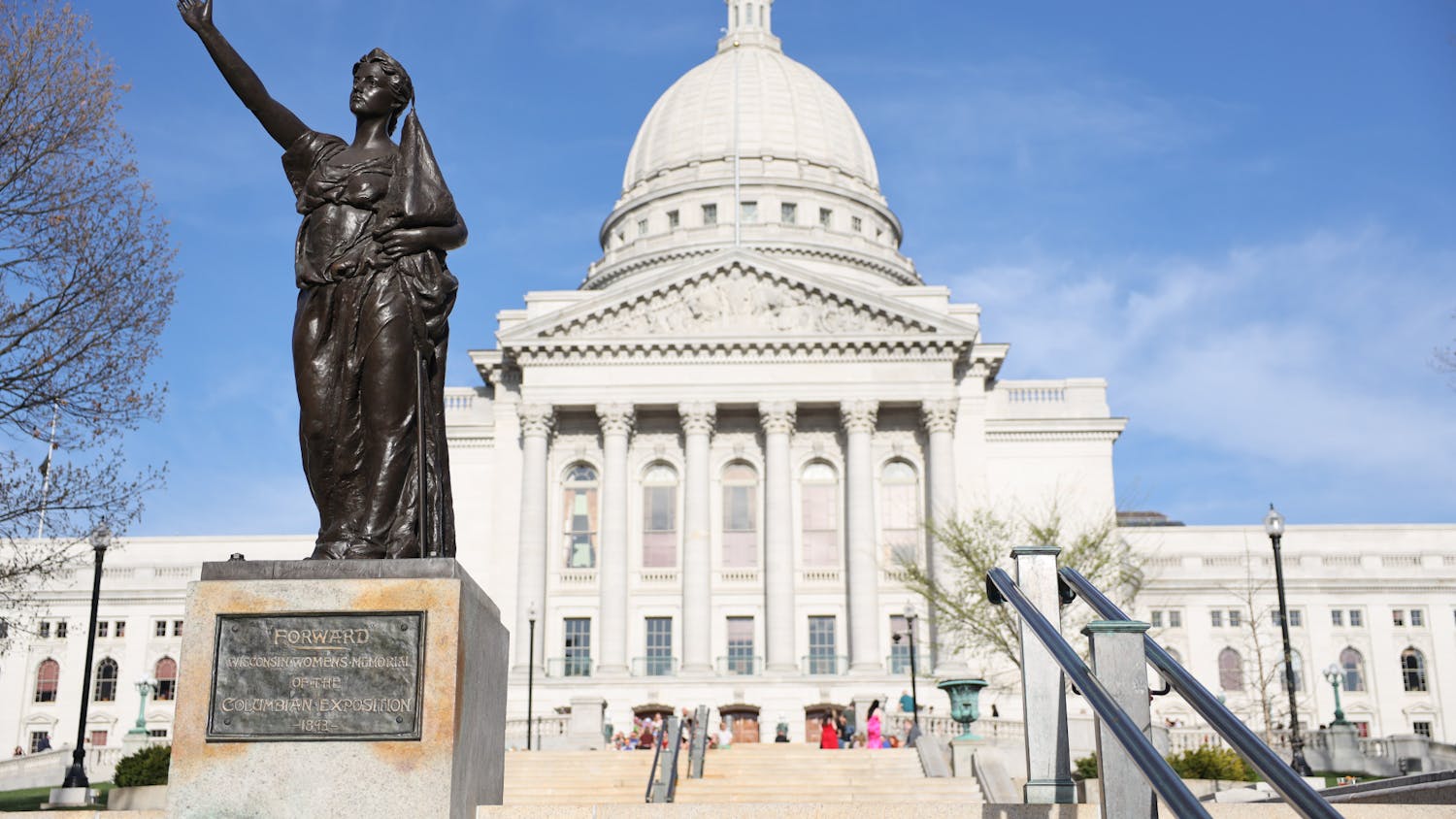In a staggering decision Friday, a Dane County judge threw out Wisconsin’s year-old right-to-work law, saying it violated Wisconsin’s constitution.
In the first known instance of a right-to-work law being struck down by a court, Dane County Circuit Court Judge William Foust wrote that the law, which prohibits union membership as a condition of employment, blocked the property rights of unions.
“[Unions] have a legally protectable property interest in the services they perform for their members and non-members,” Froust wrote. “When members pay their dues and non-members their fair share fees, all would say the union is building a treasury that it holds as property.”
Foust also noted that “a free-rider problem is born” because the law allows non-union members to benefit from the dues that members pay.
The lawsuit was brought by the three unions, the International Association of Machinists Local 10 in Milwaukee, the United Steelworkers District 2 in Menasha and the state AFL-CIO, after the bill was signed into law last March.
State Attorney General Brad Schimel pledged to appeal the decision and told radio talk show host Vicki McKenna that he was confident the state’s appeals court would stay the ruling while the legal process moves forward.
“We are extremely disappointed that the Dane County Circuit Court struck down Wisconsin’s right-to-work law, but we are confident the law will be upheld on appeal,” Schimel said in a statement.
Democrats and labor leaders cheered the decision, saying it banishes a law that harms workers and leads to lower wages.
“This ruling is a victory for workers’ rights and middle class families,” said Assembly Minority Leader Peter Barca, D-Kenosha. “Middle class Wisconsin workers are in crisis and so-called ‘Right to Work’ laws have been shown to drive down wages and economic growth. The extreme right-wing Republican agenda has been incredibly harmful to working people and businesses in Wisconsin."
Wisconsin’s right-to-work law created controversy during its passage in an extraordinary session last year, as protestors flooded the Capitol to demonstrate against a measure they alleged to be another attack on organized labor. Supporters of the bill argue it gives Wisconsin workers more freedom and improves the state’s business climate.






